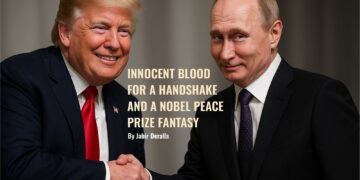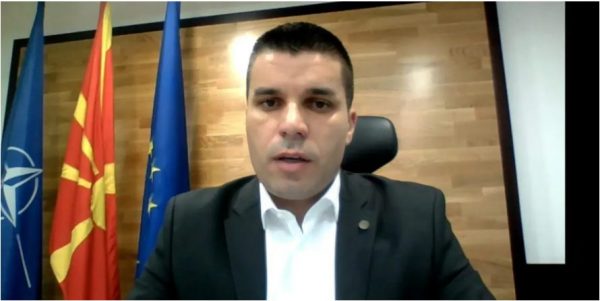Now we are seeing how important food reserves are, but citizens shouldn’t worry. We have enough essentials and we are developing a plan to support spring sowing, said Minister of Agriculture, Forestry and Water Economy, Ljupco Nikolovski in a TV interview Wednesday morning, MIA informs.
In a “Morning Briefing” appearance, Nikolovski said the government was closely monitoring the situation and introducing timely measures. “There will be food,” Nikolovski said.
“Citizens shouldn’t be afraid and should trust the institutions.” According to him, the global crisis has highlighted the importance of locally grown food and investing in agriculture. He also reiterated that Serbia had agreed to export some 50,000 tons of grain to North Macedonia, adding there were discussions on Tuesday about importing refined and unrefined oil, as well. “It’s not true that we don’t need wheat, the situation is serious,” the agriculture minister said. “The prognoses of the FAO secretary general are shocking,” he added.
“This shows how much attention and support we need to give to farmers to survive. “We’re trying our best to make sure there’s enough food and to boost domestic production […] so that every inch of agricultural land is arable, developed, and used to the maximum, increasing yields in the medium term and reducing imports in the long term.”
Asked if the country would ever be self-sufficient in terms of food production, Nikolovski said this was the aim of reforms and current agricultural policies but “you can’t change in just one year something that hasn’t happened in 30 years.” “We inherited 350 million euros in arrears,” Nikolovski said.
“Now for the first time in three decades, we are talking about consolidating agricultural land and forming cooperatives. We are introducing subsidy advance payments of 30% before the start of the season. Special attention will be paid to agricultural land. Not only state-owned, but also private land will be put to use, given to people willing to farm it. We are also working on modernizing infrastructure and villages.” He also said that “if not for the subsidies, our agriculture will collapse.”
















